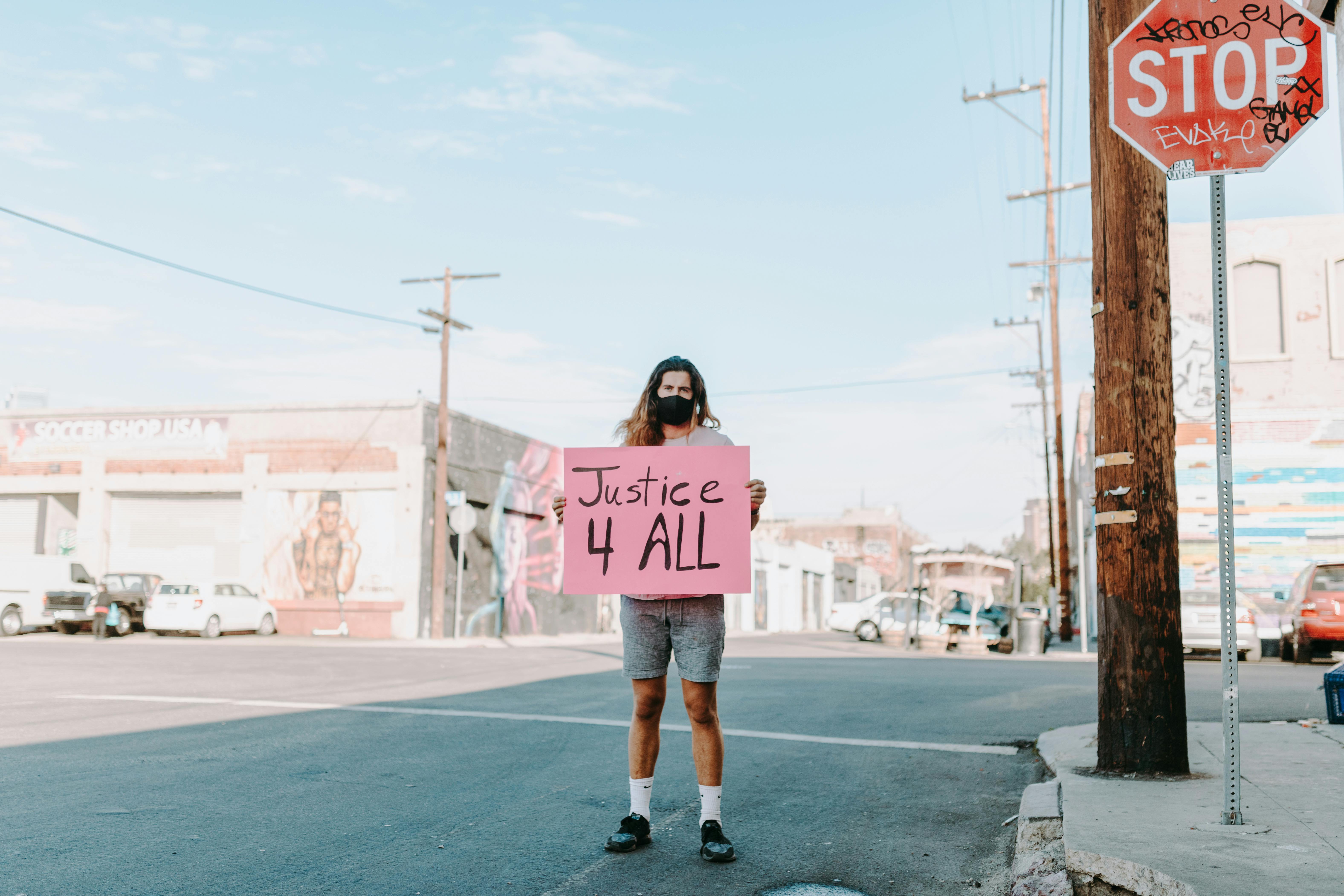Social networks are the most important thing that has come to the Internet since it began. The sheer numbers involved are staggering. If Facebook were a country, it would be the third largest in the world behind India. It can be a great force for good, but it comes with inherent dangers, not the least of which is your safety.
So here are 10 social media safety tips to keep you safe and secure while chatting with your friends!
1. Don’t post too much
Don’t post too much information about yourself, your personal life, and your family online. Things to avoid, if possible, are full birth dates, mother’s maiden name, first pet’s name, first school, or make sure you lie about these sorts of things. After all, they are used by major institutions as “security” problems, so don’t make it easy for someone to attack you.
2. Assume everything is public
Always assume that everything you post on the Internet will eventually become public domain. The rules and settings used by the service provider now may change in the future. Never post or say anything online that you don’t want your mom, boss, future employers, or future partners to find out! This includes “chats” with other people and “status updates”, all of which have the potential to be public or become visible to others.
3. The Internet never forgets
Unlike you and me, who are in the habit of regularly forgetting things, the Internet will not forget. That means embarrassing bachelor party photos will still be around the next time you get married! And even if you remove images or remove content, there’s a good chance it was copied, backed up, or cached by another Internet service. This is an important fact that people tend to forget.
4. Don’t “connect” with people you don’t know
Do not accept “friend” or “connect” requests from anyone unless you are aware of the risks. User accounts are regularly monitored and targeted for malicious purposes with the intent to obtain something, be it identity information or, more often, money in some way.
5. Do not trust even your “friends”
Remember, unless you can verify the identity of a user account without simply trusting that they are who they say they are, don’t trust them! A genuine friend’s account might have been compromised or someone might have set up an account in your name with the intent of collecting information about you and other people you know.
6. Do not announce your plans to the world
If you go on vacation to Thailand for a fortnight, great, but don’t tell the world and his wife when you’re leaving, when you’re coming back, what hotel you’re staying at, and who’s traveling with you. ! This information is brilliant for burglars, muggers, identity thieves, and anyone else who wants free room and board at home while you’re away. Remember points 4 and 5!
7. Be careful with “apps”
“Apps” are so much fun, what harm could they do if they’re all provided by the site? That’s not true. Many “apps” are developed by people and companies outside of the social network you’re using, often reusing code segments from other apps. As such, there is no guarantee that the apps you are using are simply there for your enjoyment and are not collecting your data. Now, some of the harvesting is done for legitimate marketing and research purposes, but some is also done for not-so-innocent intentions. As such, be careful and don’t download/install/add the “app” unless you really need it.
8. Avoid location-based services
I know they’re the up-and-coming new “thing,” but I personally don’t like the idea of having my movements tracked, even if it means saving me a few quid at Starbucks. Again, as in point 6, you don’t know who else has access to the information and who knows if the terms of service might change at some point in the future.
9. Check your settings
All of today’s social networking sites come with some form of privacy or security settings. Now these may seem confusing and a bit pointless, but it’s worth taking some time to look through and understand them to ensure you’re protecting yourself to the best of your ability. If you need help, see if there are any FAQs, talk to someone who understands how they work, or just stay off the site. Either way, make sure you have settings at a level that you are comfortable with and that will protect your data.
10. Never post anything sensitive
The last point is almost the same as point 2, but here we emphasize the need to avoid posting potentially sensitive personal or business information that could cause harm to you or your company/employer. This could be something as innocuous as a tweet that says “I’m meeting with XYZ corp now, be back in an hour.” There is a possibility that this is inside information and could allow your competitors to see who you are dealing with or who your customers are. It could give them a competitive advantage, or it could get you in trouble with your bosses, regulators or the courts, depending on the issue at hand.
Now this may all seem a bit paranoid to some of you, but since “they” want to “get” you, it surely isn’t paranoia.
